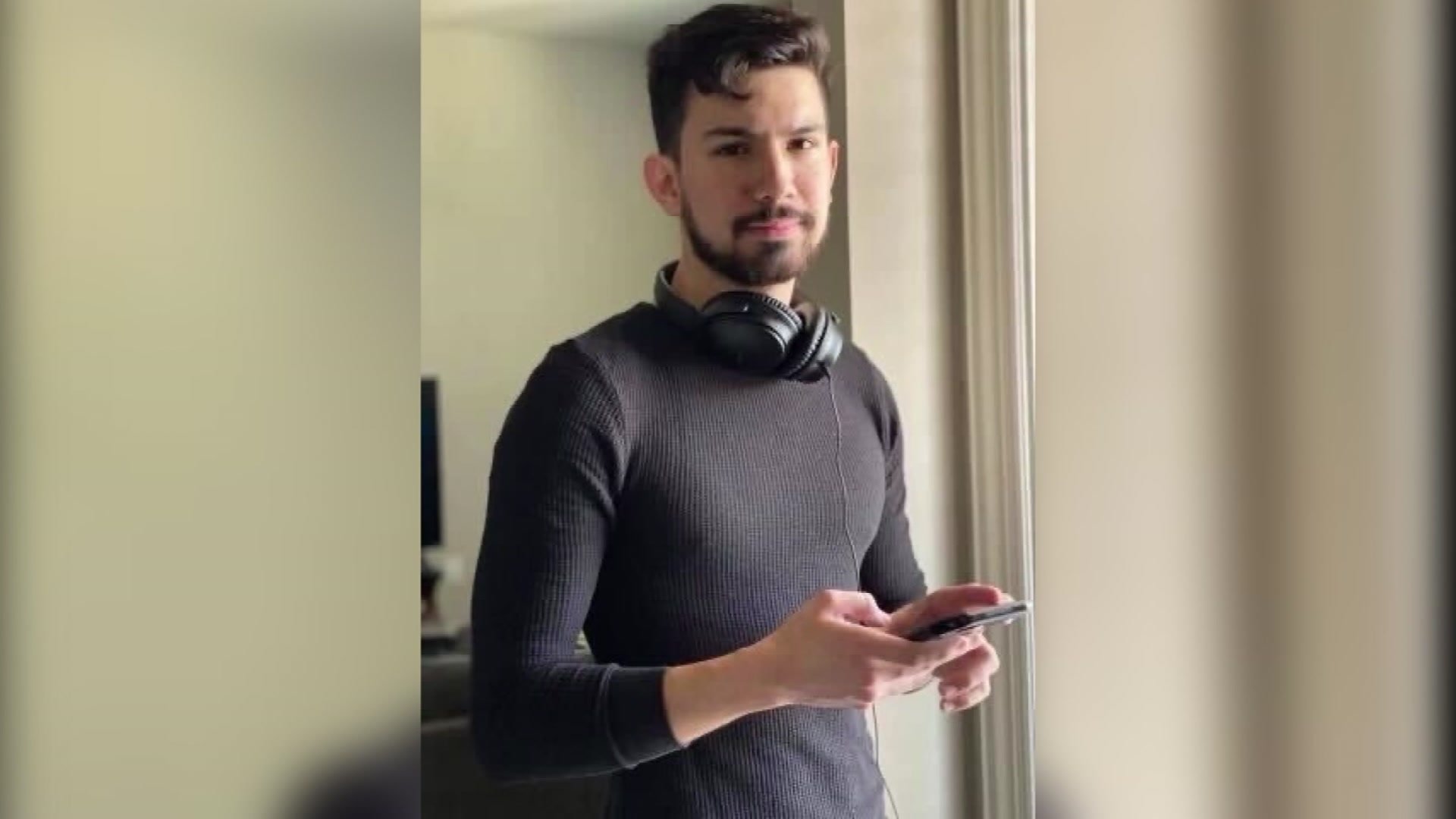On the busiest travel week of the year, the Transportation Security Administration’s PreCheck program offers a fast-pass through the lines at airport security for thousands of “trusted” travelers. But an NBC 5 investigation finds some people allowed to use the PreCheck lanes may not be quite as trusted as others.
The situation has sparked debate among some security experts and even PreCheck members over how the TSA is balancing convenience and security while deciding who belongs in the fast lane.
Passengers who sign up for PreCheck are fingerprinted and submit to a detailed background check when they join the program. In exchange, they receive a somewhat looser screening process at the airport checkpoints.
In recent months, NBC 5 Investigates spoke to many passengers at Dallas/Fort Worth International Airport who have never joined the PreCheck program but still got PreCheck status for the day when they checked in for their trip.
This means those travelers never paid the $85 fee to join PreCheck, were never fingerprinted or thoroughly background checked, but were still granted PreCheck status.
“I would say almost every single time it's on my boarding pass. So I've been very lucky,” said traveler, Claudia Chappell.
Chappell said she did not sign up for PreCheck and is somewhat surprised when it appears on her boarding pass.
Local
The latest news from around North Texas.
“It’s always kind of a nice surprise when you get it,” said Chappell.
Earlier this year, TSA Administrator Peter Neffenger seemed to tell Congress the agency was no longer allowing random passengers to use PreCheck.
“We discontinued the practice of arbitrarily assigning and randomly assigning people from an unknown population into that expedited population. That was called managed inclusion. That pushed a lot of people back into the standard screening lanes,” said Neffenger, at a May 12 House Oversight Committee hearing on airport security.
What Neffenger meant, was that TSA had stopped randomly moving passengers from the regular lanes into PreCheck lanes, and stopped using iPad “randomizers” that selected people at random moving them to the PreCheck line.
But quietly TSA has been using other methods of shifting more regular passengers into PreCheck lanes in an effort to reduce long lines.
The way it works now, TSA takes the information a traveler enters when they purchase a ticket and they run a risk profile – the profile is based on a number of things including previous travel history and when, where and how they purchased the ticket. People deemed to be lower risk may be given PreCheck on their boarding pass but they have not undergone the same detailed background conducted on official PreCheck members.
Some security experts said letting people use PreCheck without complete vetting may not be the best thing.
“In an ideal world, we would not. If we had the ideal situation, we would not,” said airport security consultant, Jeff Price.
Price said the concern is PreCheck passengers go through only metal detectors and not full-body imagers which can detect explosives.
“So if you're going to put somebody through a metal detector, which is a lower level of scanning technology than the body imagers, are you need to be able to trust them a little bit more than you would the average member of the public?” said Price.
In a statement, TSA said giving regular passengers PreCheck status is only a temporary approach.
"Our long-term goal is to have a fully vetted traveling population in the PreCheck lanes. We continue to work toward that goal,” the agency said.
In the meantime, the TSA said it has "complete confidence" in the current system and that "enabling other lower-risk travelers to receive expedited screening on a flight-by-flight basis is in everyone's interest, as it allows TSA to focus more attention on those we have identified as requiring more scrutiny."
“The agency is making the judgment that that's a risk profile that's acceptable,” said former assistant TSA administrator, Tom Blank.
Blank said moving some passengers to PreCheck may be necessary to reduce long lines, which can also become a target for terrorists.
“I think it's kind of a balancing kind of thing, and I don't think you will find that TSA ever guarantees that the PreCheck line is for PreCheck passengers only,” said Blank.
But some PreCheck members complain pushing more passengers into the PreCheck lanes slow down the fast lane because some non-members don’t know to leave their shoes on and that laptops and liquids can stay in their bags in PreCheck.
“All they do is hold up all the people that have experience with it, and it just messes everything up,” said PreCheck traveler, Phil Dohn.
“There's sometimes a little bit of resentment going, ‘I paid 80 bucks and went through a big background check, and you just got over here for whatever random reason that you were chosen,’” said Price.
TSA admits when lines get long there are still some times when they move people from the regular line into PreCheck without any information about those passengers, but in those cases TSA said it brings in bomb-sniffing dogs for an extra level of screening.
This entire issue might go away if more people signed up for the PreCheck program, but some passengers balk at the $85 fee and the time involved in the background check process.
Plus, many are currently getting the PreCheck benefit for free.



